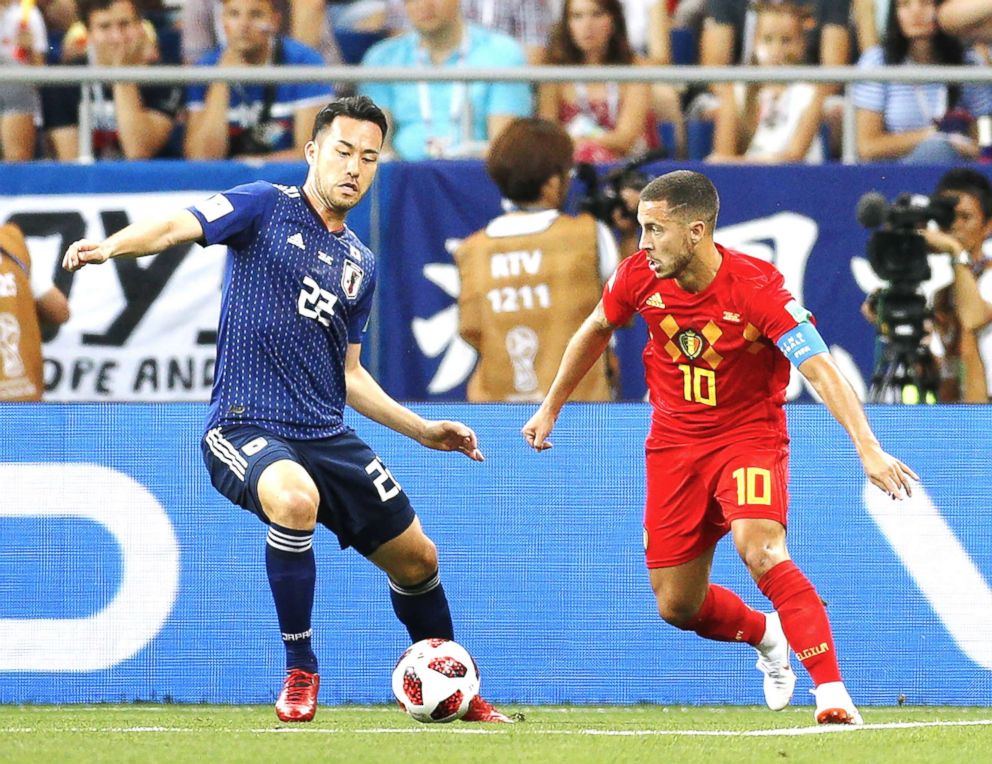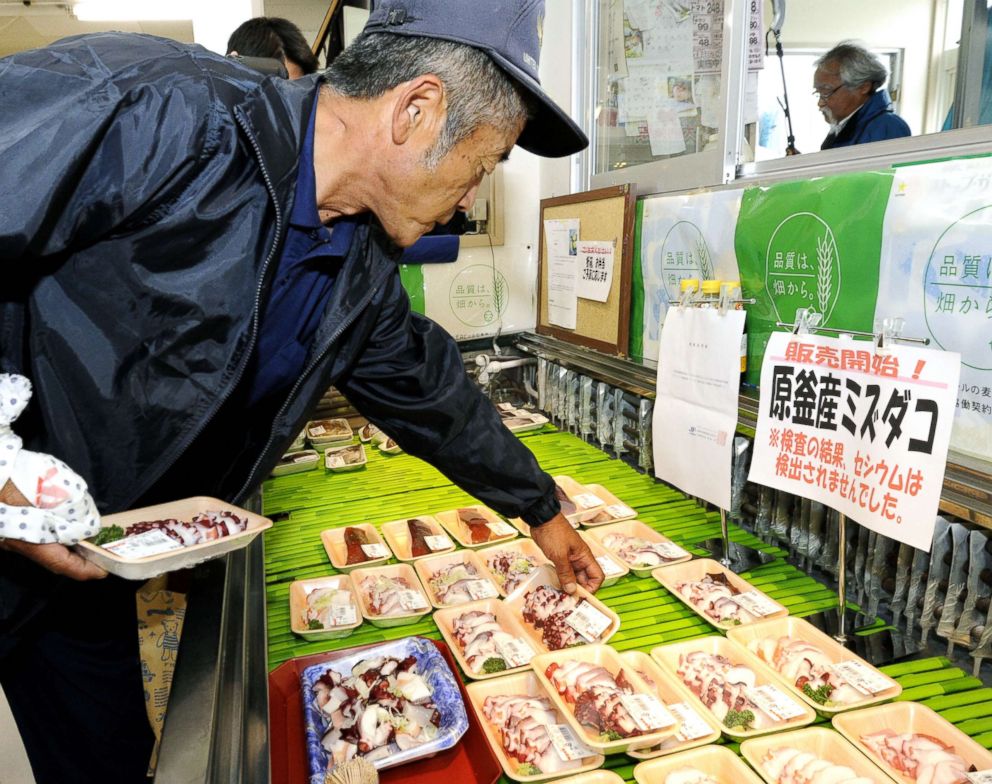Octopus killed for food after correctly predicting 3 World Cup games
Rabiot was a Giant Pacific Octopus caught off the coast of Obira, Hokkaido.
Rabiot, the World Cup-predicting octopus, has died.
More precisely, he's been turned into sashimi, reports Japanese newspaper Mainichi.
Japanese outlet Sora News 24 was more gruesome in its description of Rabiot's fate: "match-predicting octopus gutted after loss to Poland … literally."

Rabiot was a Giant Pacific Octopus caught off the coast of Obira, Hokkaido.
According to Mainichi, fisherman Kimio Abe, 51, named the mollusk on June 19.
Abe then placed his new invertebrate in a paddling pool containing three boxes with food, one representing Japan, another representing its opponent and a third representing a draw, according to reports.
In the experiment, the octopus tipped its tentacles towards the right boxes, thus predicting a Japanese win against Colombia, a draw with Senegal and a loss to Poland. All three predictions were true.
"I'm glad that all the forecasts turned out correct and Japan moved on to the knockout stage," fisherman Abe told Mainichi in an interview published before the team's loss to Poland.
Rabiot is not the first octopus to predict World Cup results.
Paul, an octopus who lived in a German aquarium, correctly predicted eight World Cup games in 2010. He was found dead of natural causes later that fall.

Abe told Mainichi that he sent Rabiot to the fish market before Japan lost 1-0 to Poland last week, an outcome the tasty invertebrate didn't see coming.
Meanwhile, scientists feel we might be better served keeping octopuses off dinner plates. Researchers at Cambridge University specifically mentioned octopuses in their 2012 Declaration of Consciousness, which states that some animals also possess the "neurological substrates" that generate consciousness.
For his part, Abe told the Japanese newspaper that he is now on the hunt for another eight-limbed oracle to predict the remaining World Cup results.




